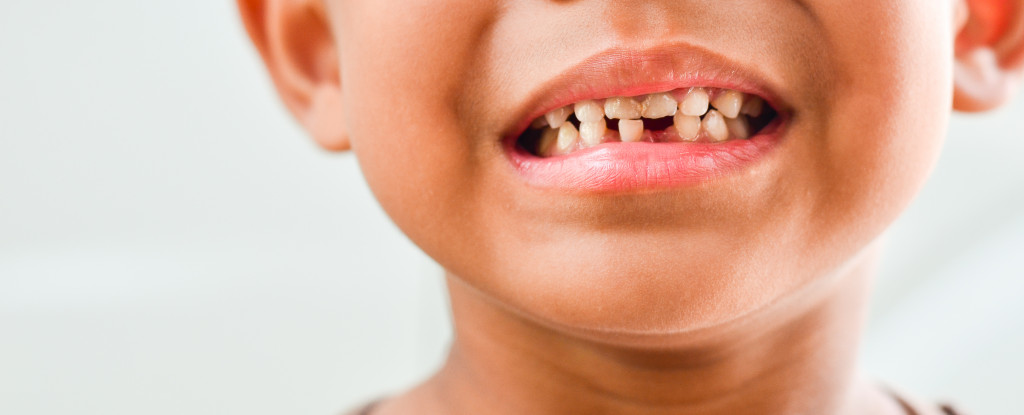• Poor oral health is a widespread problem in the US, disproportionately affecting low-income communities.
• Neglecting dental hygiene leads to serious physical consequences, such as pain, infection, and psychological stress due to decreased self-esteem.
• Communities can help address this issue by providing educational programs, government subsidies for dental care, community outreach programs, and cheaper orthodontic services to seniors.
• In addition, municipalities should ensure that fluoride treatments are available for improved oral health within the community.
• By taking these steps, more Americans will have access to quality dental care and improved oral health.
Oral health is essential to overall health, yet millions of Americans lack access to quality dental care. Unfortunately, this lack of access has led to severe oral health problems in communities across the United States. Here’s why this is such an issue and how it can be addressed.
The Problem with Poor Oral Health
Dental neglect has become an increasingly pressing issue for many Americans, especially those living in low-income areas. According to research, over half of all adults aged 20 to 64 have untreated tooth decay or cavities, while over a quarter suffer from periodontal disease.
Furthermore, children living in poverty are twice as likely to experience dental issues compared to their wealthier peers due mainly to inadequate education and limited access to preventative care.
The Impact on Communities
Poor oral health has various effects on communities. Here are some of them:
The Physical Consequences
Poor oral health may lead to tooth decay and gum disease, resulting in pain, infection, inflammation, and even tooth loss. Toothaches can be debilitating and lead to difficulty chewing food or speaking correctly.
In severe cases, untreated tooth decay or gum disease can cause systemic infections that spread to other body parts and may even require hospitalization. In addition, chronic poor oral hygiene has been linked to high blood pressure and heart disease, so everyone needs to practice good oral hygiene regularly.

The Psychological Consequences
Poor oral health affects not only physical well-being but also causes psychological distress due to its effects on self-esteem and social confidence. For example, many people feel embarrassed about their teeth if they are decayed or missing, which often makes them feel ashamed when speaking or smiling in public. This can further isolate people from society as they avoid social situations out of fear or embarrassment, further exacerbating their physical symptoms due to stress or depression brought on by social isolation.
The Effects of Poor Oral Health on Families
Poor oral health also has an impact on families. Not only is it emotionally taxing for family members to witness a loved one in pain from dental problems, but it can also be financially draining due to the costly treatments and medications needed to treat the condition. Furthermore, children who suffer from dental issues may miss school days leading to academic challenges.
Addressing the Problem
Communities can help deal with this problem. Here are some of the ways your community can do that:

Educational Programs
Providing educational programs in schools, churches, and other community centers can help parents and children understand the importance of proper dental care. These programs should include information on basic oral hygiene practices and how to detect and address problems early on.
Government Subsidies
Governments should provide subsidies to make dental care more affordable for low-income families. This may include expanding Medicaid coverage or creating other programs that allow people to receive quality dental care at discounted rates.
Community Outreach Programs
Community outreach programs, such as mobile dental clinics or charity events, can help provide free or reduced-cost services for those in need. Additionally, these outreach programs can raise awareness about the importance of dental care and offer resources for those in need to get the help they need.
Cheaper Orthodontic Services to Seniors
Seniors are the most vulnerable to dental neglect. One essential appliance they need is robust dentures. These can ensure that seniors have a better quality of life and enjoy everyday activities without worrying about dental issues. In addition, giving them access to cheaper appliances such as these can ensure that their oral health is top-notch in the coming years.
Fluorine Treatment
Fluoride treatments help prevent tooth decay, especially in young children. Municipalities should work to ensure that everyone has access to fluoridated water or other preventative care for improved oral health within the community.
Poor oral health is a widespread problem affecting many Americans, especially those in low-income communities. It can have severe physical and psychological consequences if left untreated. Communities should address this issue by following the tips above. With these steps, we can ensure that more Americans have access to quality dental care.


